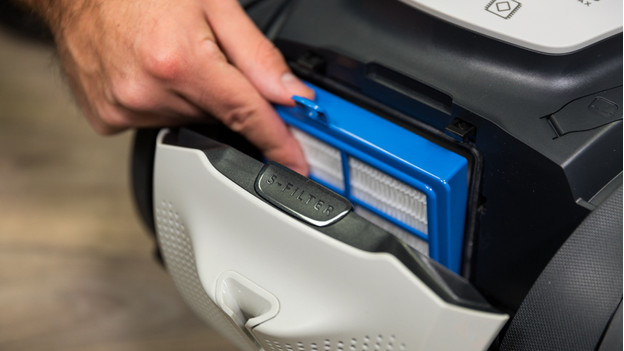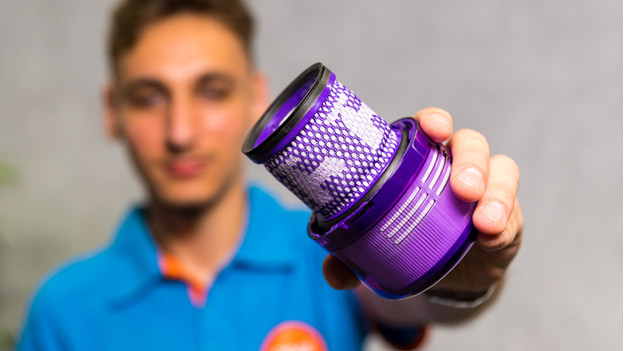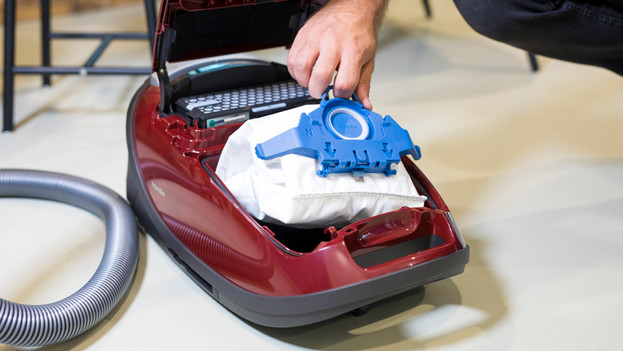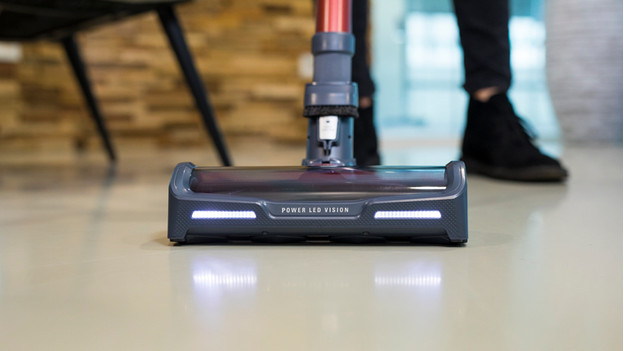
How do you choose a vacuum for allergies?
Choose a vacuum for allergies?

If you suffer from allergies, the right vacuum cleaner is a must. A good vacuum cleaner reduces the symptoms and prevents sneezing when you clean. A vacuum cleaner made for allergies must meet a few conditions to get that status. We'll explain to you what those properties are so you know what to look for when you choose a vacuum cleaner:
- HEPA filter
- With bag or without bag
- Attachments
HEPA filter or anti-allergy filter

A HEPA filter or anti-allergy filter is an exhaust filter that keeps the re-emission of your vacuum clean. The filter blocks all of the dust particles, pollen, and other allergens, so they aren't expelled back into the room. When you're suffering from allergies, it's advisable to use a vacuum with a special anti-allergy filter or a HEPA 13, HEPA 14, or HEPA 15 filter. These filters block 99.95% and 99.995% of all dust particles, respectively. This filter needs to be replaced every 6 months for the best result.
With or without bag?

A vacuum cleaner without a bag is convenient, because you'll no longer need to purchase vacuum cleaner bags. That's true. But if you suffer from allergies, we still recommend a vacuum cleaner with bag. When the dust cup becomes full, you empty it above the trash can. The disadvantage: emptying the reservoir is a dusty job. This isn't pleasant for people with allergies. You can easily throw a dustbag in the trash in its entirety, without coming into contact with dust and dirt again.
Attachments

You might not think of the various attachments that belong to a vacuum cleaner right away, but these are nevertheless very important. With the right accessories, you can clean your baseboards, furniture, and all corners and holes easier and better. Dust and dirt collects in these places. Do you have pets? Then a turbo brush or a mini turbo brush is essential to your vacuum cleaner's accessory pack. The bristles of this attachment rotate at high speed and effortlessly take pet hairs with them.


